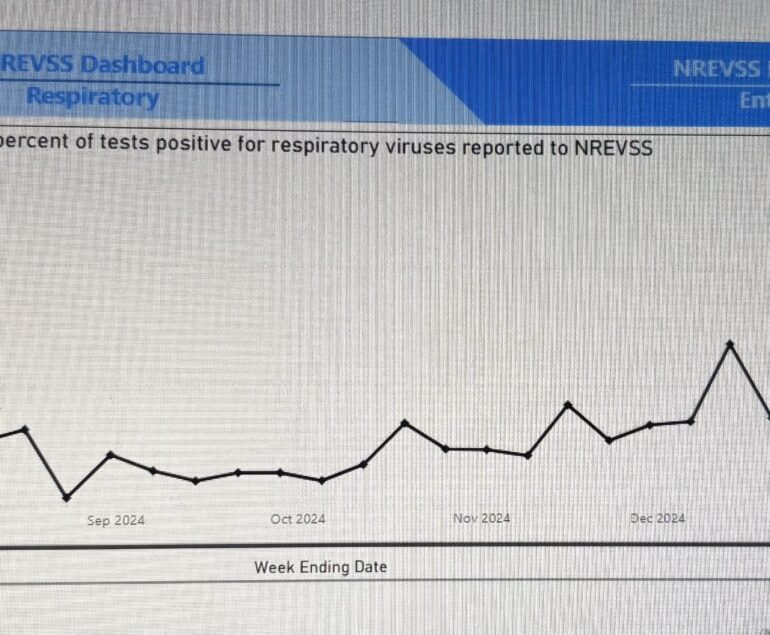Early last week Pfizer suggested that their candidate vaccine now in late Stage III trials is about 90% effective in preventing symptomatic Covid-19 infections. The announcement was in a press release, not in a journal article and they didn’t disclose the Phase III data to support the claim, but nevertheless you gotta believe that there must be some data to back this up.
The Phase III Trial was conducted in the U.S. and has enrolled about 44,000 volunteers. Most of the participants were given the vaccines (a series of 2 vaccines 28 days apart), with some participants getting the placebo.
The company said that almost all the 94 persons in the trial that ended up contracting COVID-19 were in the placebo group. Statistically speaking, they said that the Phase III data (which has not been disclosed) suggests that the vaccine is 90% effective at preventing COVID-19.
Immunity is established 7 days after the booster is administered. They also said that serious adverse events have not yet been identified.
There are numerous vaccines in Phase III trials right now including several in the U.S. This Pfizer vaccine as well as Moderna’s candidate use a new Messenger RNA technology. Both Moderna and Pfizer expect to submit full Phase III trial data in the coming weeks.
The U.S. government contracted with Pfizer to manufacture the vaccine during the Phase III trials with a guarantee that the company will get paid even if the vaccine isn’t given Emergency Use Authorization or full FDA Approval. As a result, there is already significant inventory of this vaccine in storage.
HHS Secretary Azar earlier this week suggested that there will be 50M doses of the Pfizer vaccine available for distribution by December 31. Arizona’s proportionate share of those 50M doses would be about 1M. But remember, this vaccine requires a booster at 28 days, so it takes 2 doses for each person to be fully immunized.
Here’s a link to one of my previous blog posts that discusses how vaccines are tested and approved.
